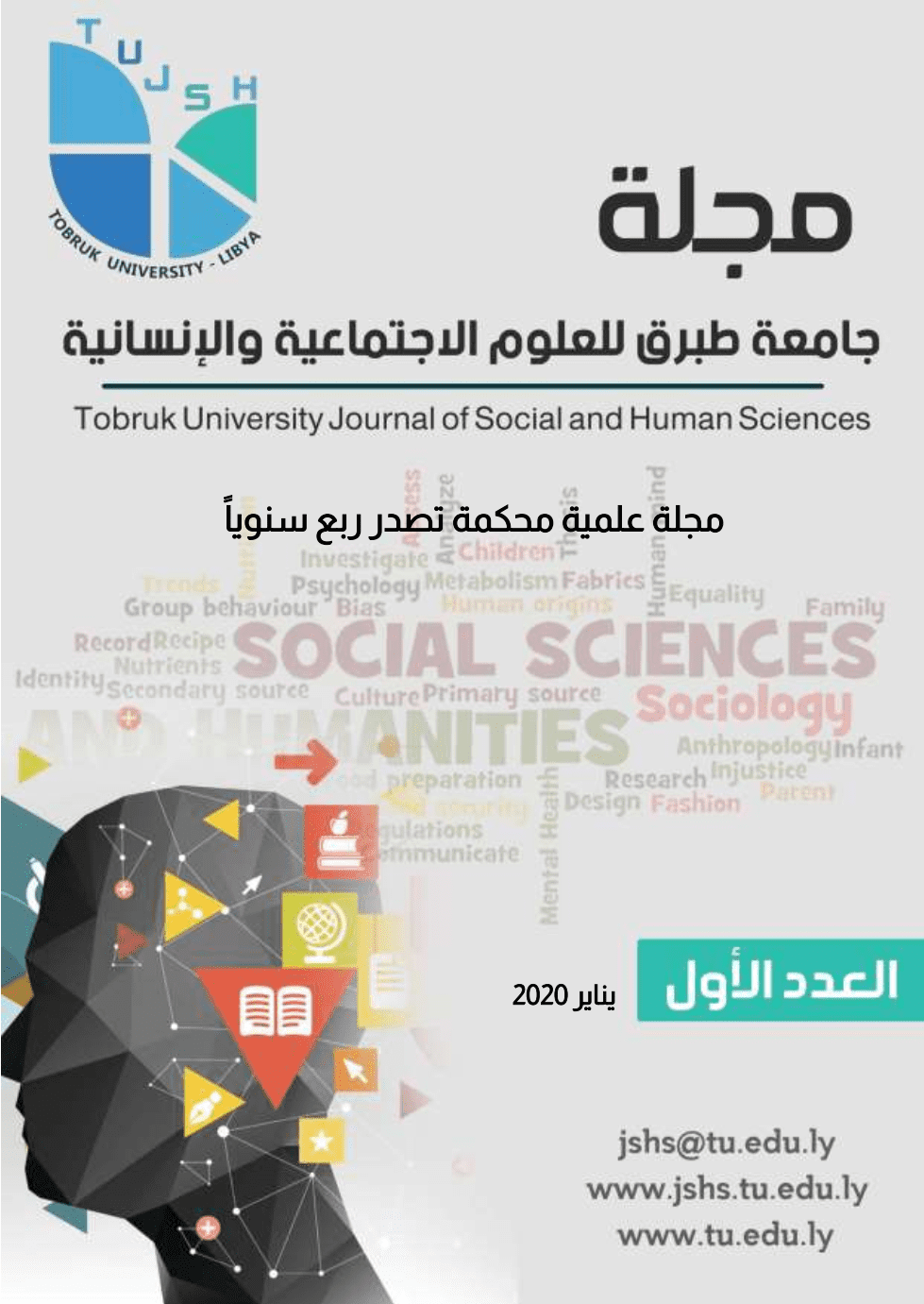The identity of the collective mind Between inheritance and acquisition
DOI:
https://doi.org/10.64516/8peea479Keywords:
Identity, collective mind, acquisitionAbstract
The issue of identity is one of the issues facing many societies, whether the constituent elements have ancient origins in terms of time or modern, due to the presence of accelerated global international variables that entail regional variables affecting the subjectivity of society through several cultural, social, economic and political fields, and this is what made the debate Continuing with regard to the concept of identity within the fields of the human sciences, such as philosophy, sociology, psychology, history and anthropology, although the matter is not without prejudice to the continuity of the natural sciences with humanity, such as phrenology and biology, so the concept of identity is one of the concepts about which there are many connotations that are sometimes converging and different at other times, despite their being It expresses the identity of the collective mind of society. In spite of the multiplicity of opinions regarding the issue of identity, there is no doubt about the importance of researching this issue in relation to each society, to distinguish it from the other, and also to know whether the identity of the collective mind and its thought patterns are of “hereditary” or acquired natural sources? Therefore, this research is based on three basic elements, the first: presenting and analyzing the different definitions of the concept of identity, and the second: the path of development of the various connotations of identity and its fields from the ontological, psychological and also sociological perspectives, and the third: includes views of the dialectical acquisition and views of the naturalistic view as sources of identity formation, and the presentation of A proposal for a dialectical interaction between genetics and environment
References
1- أبو النصر الفارابى، كتاب الحروف، تحقيق وتعليق د. محسن مهدى، بيروت، 1990م، ص 85، ابن رشد، تفسير ما بعد الطبيعة، ط2، بيروت، 1967م، ص557، الكندى، في الفلسفة الأولى، ضمن كتاب رسائل الكندى الفلسفية للدكتور محمد عبد الهادى أبو ريدة، القاهرة،1950م،
2- الجرجانى، التعريفات، بيروت، 1995م،
3- جميل صليبا، المعجم الفلسفي، بيروت، 1979م،
4- أبو البقاء الكفوى، الكليات، بيروت، 1992م،
5- الموسوعة الهيجيلية، القاهرة، 1996م، ج2،
6-الموسوعة الفلسفية العربية، بيروت، 1986، ج1
7- أليكس ميكشيللى، الهوية، دمشق، 1993م.
8- عابدين الشريف، الإعلام والعولمة والهوية، ليبيا، 2006م
9- رشاد عبد الله الشامى، إشكالية الهوية في إسرائيل، الكويت، 1997م
10 - محمد عابد الجابرى، العولمة والهوية الثقافية، المستقبل العربى، العدد 228، بيروت، 1998م.
11- ديكارت، التأملات في الفلسفة الأولى، ترجمة د. عثمان أمين، القاهرة، 1952م،
12- Zeller, outlines of the Greek philosophy. London, 1948
13 - فتحى المسكينى، الهوية والزمان، بيروت، 2001م،
14 - 16- أبو حامد الغزالى، المقصد الأسنى في شرح أسماء الله الحسنى، القاهرة، 1985م
15 -أوغسطين، الاعترافات، بيروت، 1981م
16- على سامى النشار، نشأة الفكر الفلسفي في الإسلام، ط4، الإسكندرية، 1969م، ج2،
17- الشهرستانى، نهاية الإقدام في علم الكلام، بغداد، ب – ت
18- الكندى، رسالة في وحدانية الله، ضمن رسائل الكندى الفلسفية
19 -ابن عربى، فصوص الحكم، القاهرة، 1946م، ج2،
20 - ليبنتز، المونادولوجيا، ترجمة: د. عبد الغفار مكاوى، القاهرة، 1974م،
Downloads
Published
Issue
Section
License
Copyright (c) 2020 د. أشرف حافظ (Autor/in)

This work is licensed under a Creative Commons Attribution 4.0 International License.








